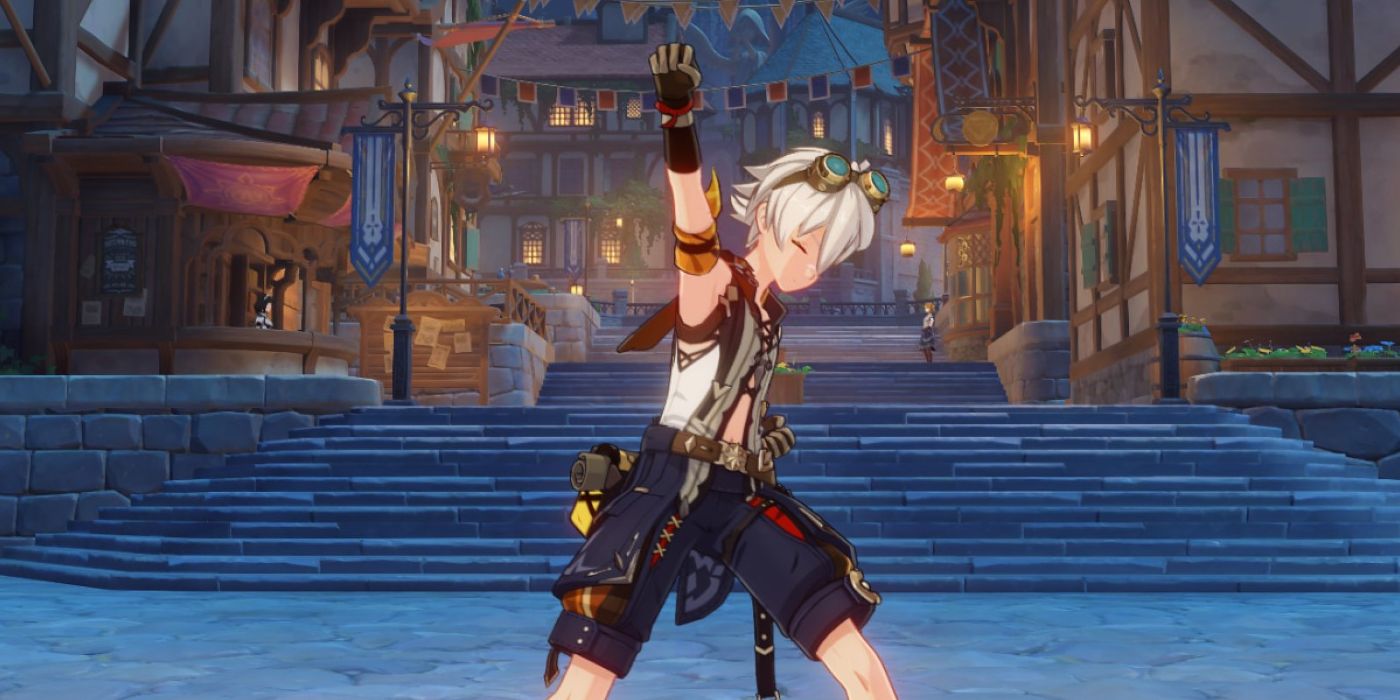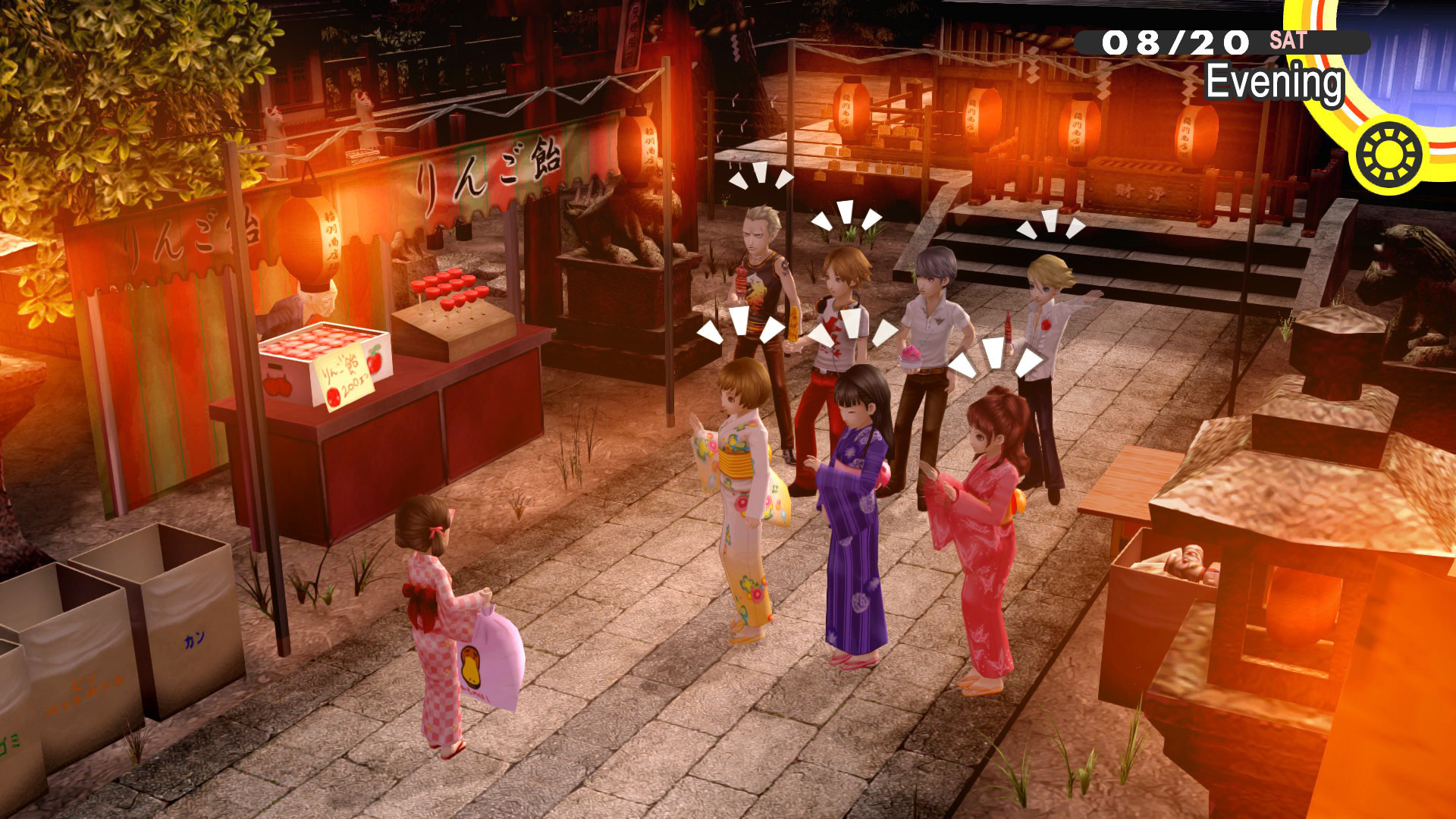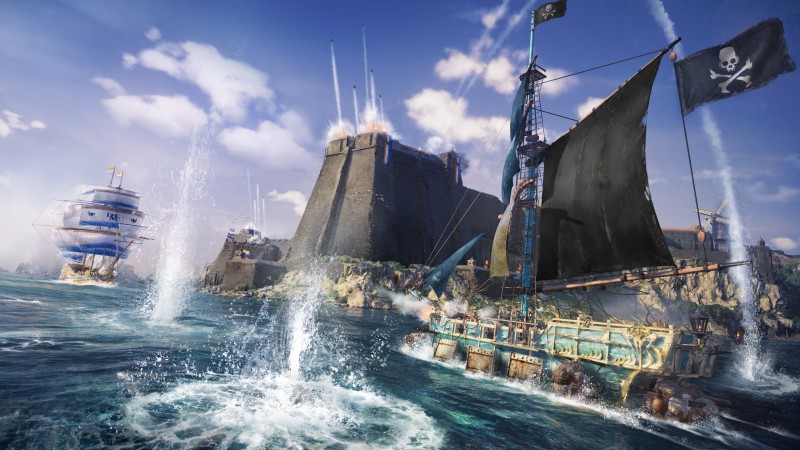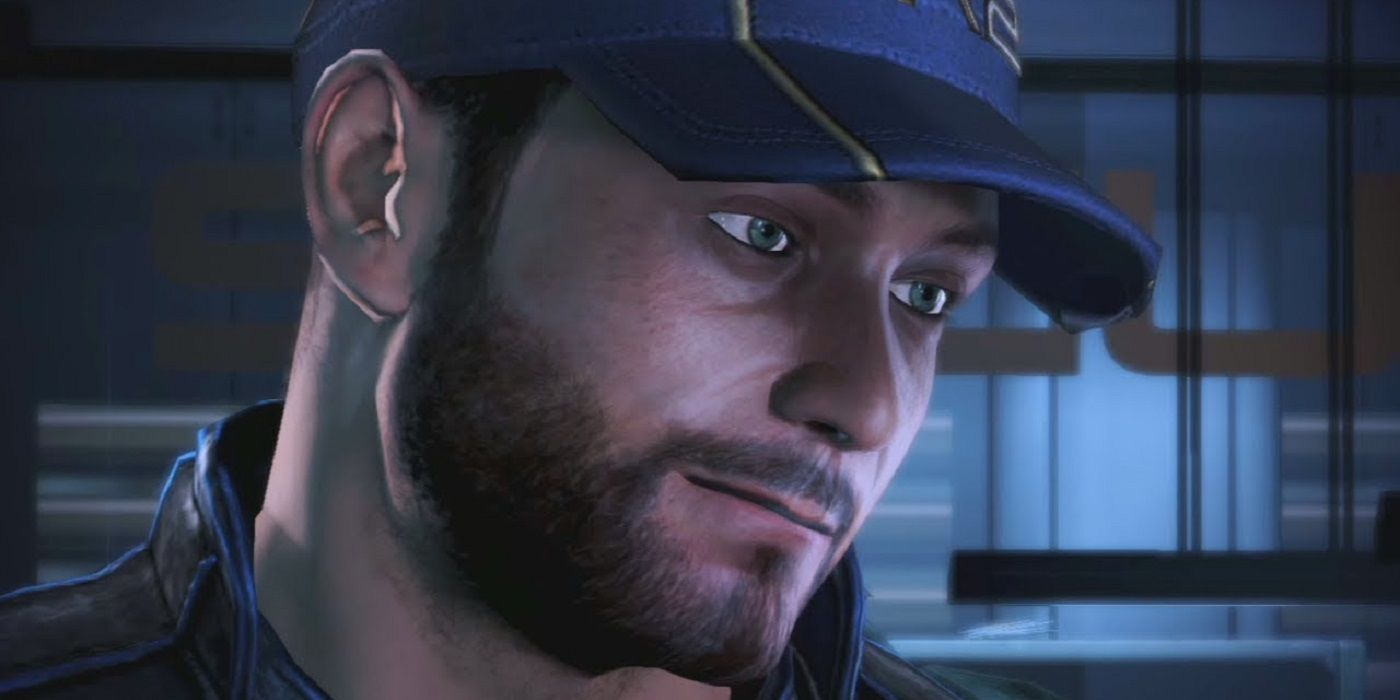
Many Mass Effect fans are divided on Jeff "Joker" Moreau. The original trilogy is packed full of beloved companions, from renegade C-Sec officer Garrus Vakarian to Asari scientist Liara T'Soni. Although Joker is in the first three games, he isn't a squadmate like most of the series' other main characters. As the pilot of the Normandy, he has an important role to play in-universe, but although some fans find his wise-cracking grating at times, he also has an important role to play in the series' characterization of Shepard themself.
Whether Shepard is a Renegade or a Paragon, a man or a woman, there are plenty of apparent differences between the commander and Joker at first. Shepard is a person of action, while Joker's brittle bone disease sees him confined to his pilot's chair for most of the series. Shepard, even at the start of the first game, is seen as something of a war hero regardless of the player's origin choice. Joker, in contrast, plays a far more background role in saving the galaxy. Despite the differences, however, the dynamic between Joker and Shepard plays a fascinating role in characterization the commander throughout the original trilogy. Here's why Joker is one of Mass Effect's most important components.
RELATED: Are the Mass Effect Books Worth Reading?
Joker's Personality

Joker is a pain in the neck, and he knows it. Although he's an intensely skilled pilot, he got the job by stealing the Normandy, proving he was the best possible pilot for the Normandy in Mass Effect: He Who Laughs Best by hijacking the experimental ship during its test flight. He demonstrated his skill so well that the Turian and human commands were left with little choice but to admit that he was the best pilot for the job, despite his initial rejection due to his disability.
It's this sort of behavior that leaves some players exhausted with Joker. In another prime example during the games themselves, many blame Joker's actions for Shepard's death at the start of Mass Effect 2. When the Normandy SR-1 is attacked by the Reapers, Joker stays in the cockpit, insisting that he will not give up the Normandy and that he can still save his ship. While Shepard is helping everyone else evacuate, the commander has to go back and save Joker. While helping him to an escape vessel, Shepard is struck by a piece of debris and only has enough time to hit the launch button on Joker's escape pod before flying into the vacuum of space.
While Joker's actions can be frustrating for some fans, they're also often an interesting reflection of Shepard's own motivations, despite the initial apparent differences between the two characters. Whether Shepard is a Paragon or a Renegade, Shepard always stays behind at the start of Mass Effect 2, insisting on putting themself in danger to get everyone off the ship. Shepard going back to save Joker at the risk of their own life is very similar to Joker's desire to save the ship at the risk of his. Joker putting himself in harms way might make him a pain, but it's also exactly what Shepard would do, and Joker's actions likely helped as many of the crew evacuate as possible. The pair have different demeanors, but beneath they both share a lot of the same self-sacrificing impulses.
RELATED: Disturbing Mass Effect 3 Glitch Gives Shepard Bugged Out Eyes
Joker And Shepard
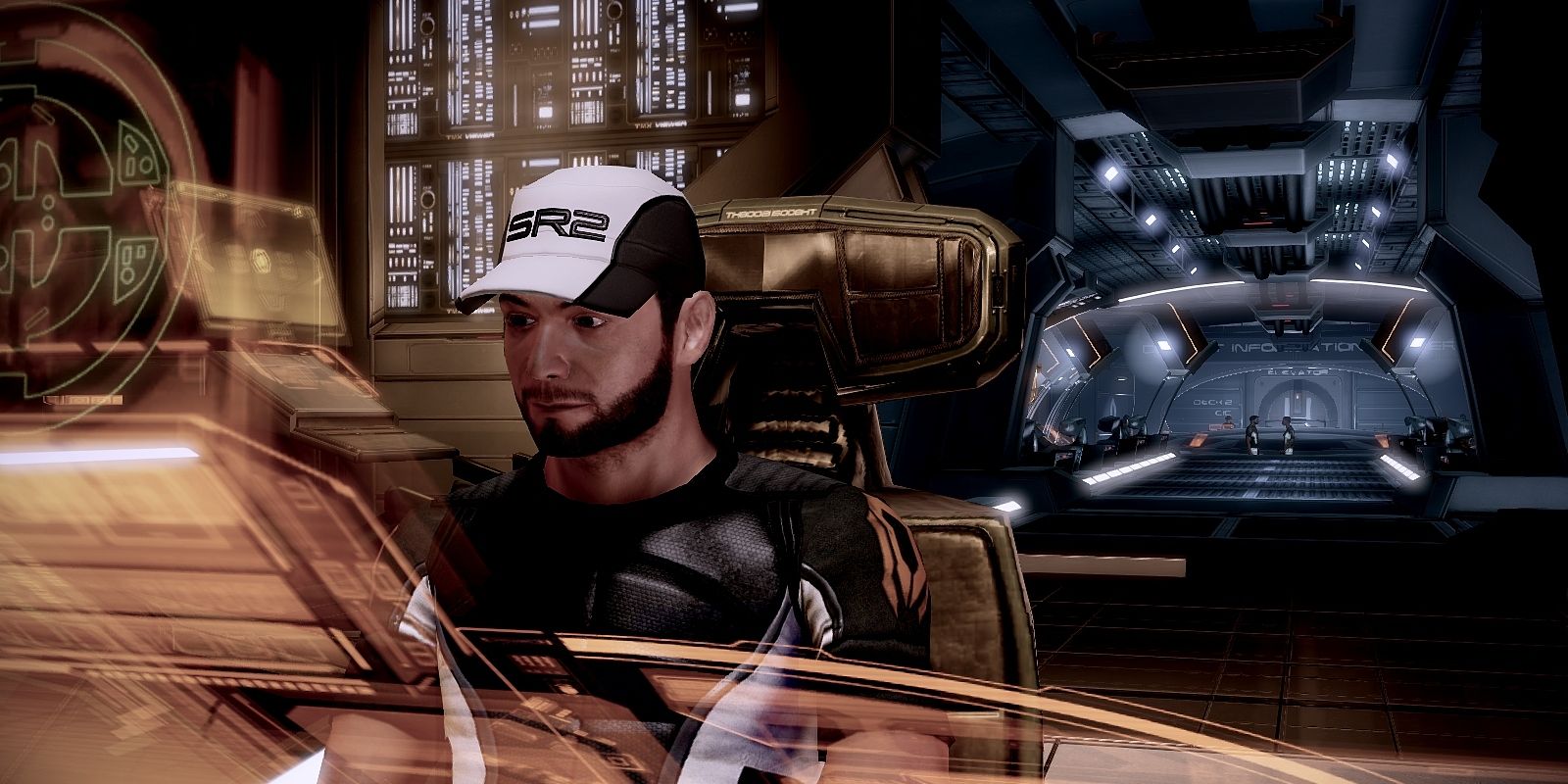
Although players have a degree of control over Shepard's personality, in many playthroughs Shepard also shares Joker's penchant for insubordination. There are smaller moments linked specifically to certain player decisions – like hanging up on the Citadel Council when they call the Normandy in Mass Effect 1 – but no matter how the player plays Shepard, they're always insubordinate to a degree.
Throughout much of Mass Effect 1, Shepard's pursuit of the SPECTRE Saren and their claims of a greater Reaper threat are done directly against the wishes of the Citadel Council. At the start of Mass Effect 2, Shepard is willing to join Cerberus without much resistance because the organization is one of few with both the resources and the belief in the Reapers to help prevent the annihilation of the Milky Way's spacefaring civilizations. Joker is the first character from the Normandy's old crew that returns to serve on the SR-2 and join Shepard again on their fight against the Collectors. Once again their demeanors differ, but the commander and their pilot end up interesting reflections of one another despite the differences in their roles on the Normandy and the tone of their dialogue.
At the end of Mass Effect 3, after the activation of the Crucible, Joker is one of the last pilots to leave. His loyalty to Shepard has value in-universe, but on a meta-level it once again shows some of the similarities between the Normandy's pilot and its commander. The fact that Joker's quips hide a focus and motivation to match Shepard's is shown in one intense Mass Effect 3 scene. After the destruction of Thessia, Joker wisecracks that the Asari are probably "wishing they had fewer dancers and more commandos right about now."
Whatever dialogue option the player picks, Shepard snaps angrily at Joker: "in case you hadn't noticed, we just lost a few million people. This isn't the time." Joker responds by showing Shepard the planet that his family lives on, one of the planets that already fell to the Reaper invasion. In a tense exchange Joker tells Shepard that he's well aware of the ongoing war, and that the last time he spoke with Captain Anderson "he told me to take care of you."
Joker's personality might be grating to some players, but not only is he an important character in-universe, he is an interesting device to encourage players to reflect on how different personalities like Shepard's and Joker's can manifest the same fundamental traits – heroism, loyalty, and self-sacrifice.
Mass Effect: Legendary Edition is available now for PC, PS4, and Xbox One.
MORE: Mass Effect 2 Fan Makes Interesting Discovery About Garrus' Omega Mission

